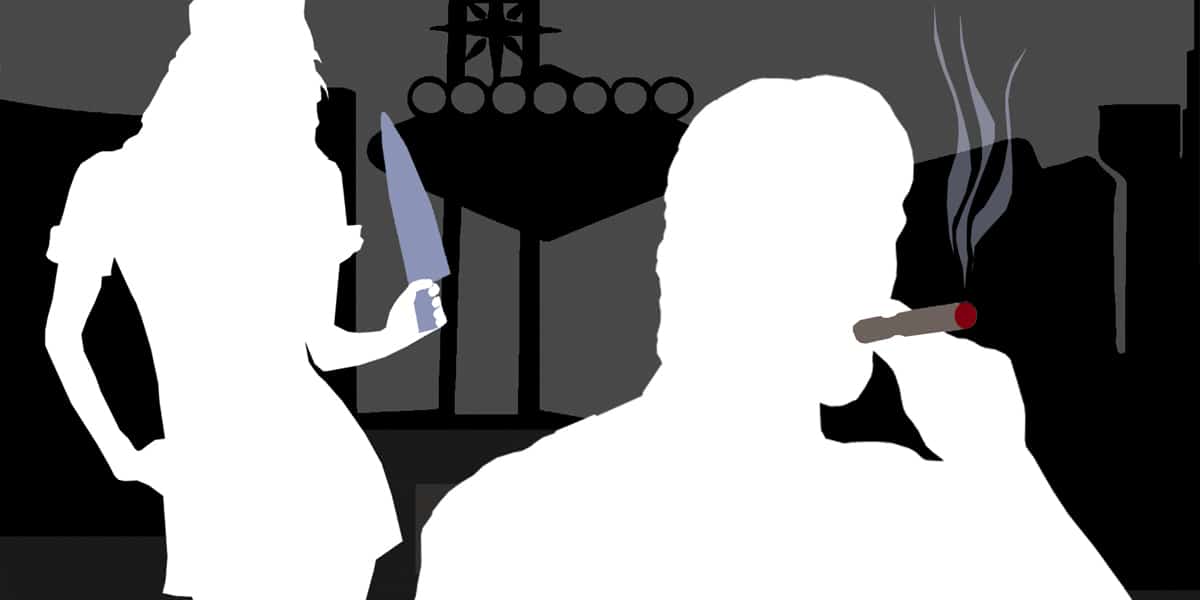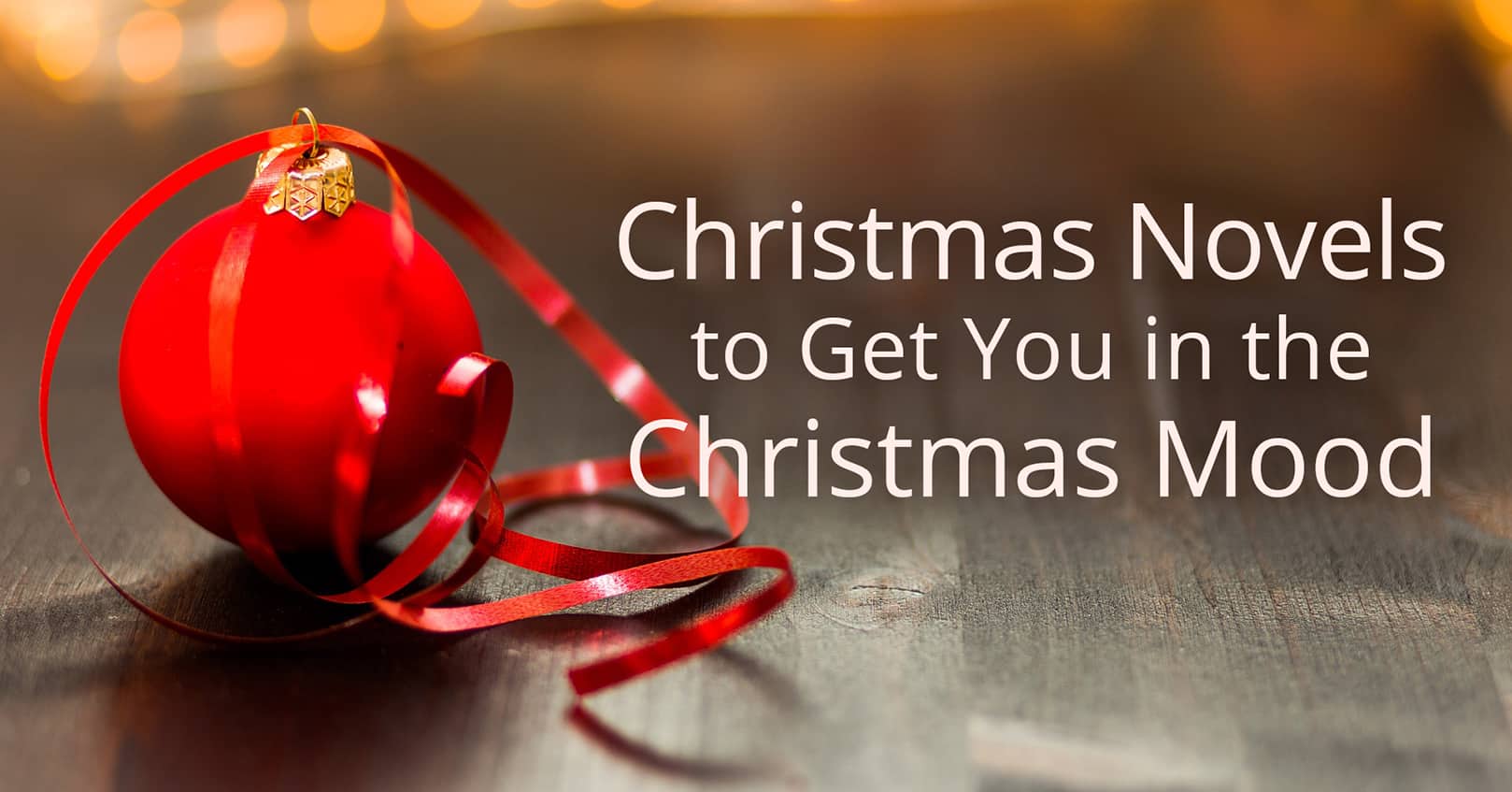
There are always “those” books everyone lies about, you know? The ones we’ve convinced ourselves we’ve read, that we tell other people we’ve read, and yet we haven’t really read them. If you’re guilty of talking about half-remembered books as though you’ve actually read them, read on, because it’s something we all do. It’s not necessarily lying, because most of these novels eclipsed the time when we were in school and teachers were just shoving them into our hands along with strict reading schedules; did anyone actually ever read those books? Really read them?
Take for instance: Macbeth.
William Shakespeare, I know. He’s the kind of writer that everyone expects you to say, “Oh yeah, I have him on my shelf.” One particular play of Shakespeare’s which everyone has been told to read in either high school or college, is the renowned Scottish play. The tale of a good man who (like the devil) falls from a state of grace and into . . . blah, blah, blah.
If you were ever a student, and you didn’t have time to read this book, odds are you skimmed it or literally watched the play/movie for your book reports. Now to this day, you profess to have read Macbeth—even to have read Shakespeare—and isn’t it funny how after a while of pretending you’ve read something, it actually begins to feel like you’ve read it? However! This play actually has a really good story, if you’ll give it another chance, and is written more as a warning that says this universal truth: any person can go bad and lose their way.
Other high-school books that you may have lied about reading are The Scarlet Letter, The Lord of the Flies, 1984, Animal Farm, etc.
Another book that should be discussed: Anna Karenina.
Leo Tolstoy, he’s one of those Russian authors. If you’ve never read a Russian author before, what you should know is that most of them like to get up on a soapbox at some point during their novels and then have a character talk for a really long time. If you think this is an exaggeration, read Atlas Shrugged some time and get to the part in the book where John Galt speaks over the radio for 40 some odd pages, pretty much just summing up the themes of the book, which the reader already understood. (Which is probably why Atlas Shrugged in another book we lie about reading.)
What’s most lie-worthy about having read Anna Karenina on the other hand, is the fact that Tolstoy always writes a character’s entire name. At first the reader is intrigued by this quirk and all the—very long might I add—interesting Russian names. After a while though, it interrupts the story to see the entire first and last names whenever a character is mentioned. For instance, instead of reading “he” or “him” or “Tom,” each time you’ll read “Alexi Alexandrovich Karenin.” This is just one reason—one very annoying reason—people skim this novel and then pretend they’ve read it.
Huckleberry Finn. Or really any book with vernacular.
This list isn’t limited to only the classics; Huckleberry Finn is instead just used as an example of a book that has heavy dialect and is therefore harder to read. Readers who start out with Mark Twain’s beloved Tom Sawyer will be very surprised to find how hard Huck Finn can be to read. The deep southern vernacular tends to take strange liberties with words and expressions, as well as slang terms for common things you normally wouldn’t have to wonder about. Many readers quit while they’re confused and then never go back with Huck Finn along the Mississippi River.
Another more recent book with a great story but heavy vernacular is The Help, by Kathryn Stockett. Not only is this an amazing book detailing the struggles of racial inequality, but also of female inequality. It’s one of those books you should read the next time you’re updating your reading list. It’s also another book which people can start and then stop reading because of the southern dialect typically spoken.
A rule of thumb: always keep reading. Vernacular gets easier the more you read it.
Harry Potter, Lord of the Rings, Sherlock Holmes, Agatha Christie books, and more.
Are you surprised to see these books on this list? The truth is that most books that find their way into pop culture—and these are just a few examples—tend to be “summed up” enough by media and movies that anyone can talk about the plots as though they’ve read them. “A British detective with an ear cap and a pipe solves cases with his doctor friend named Watson.” Right . . . but have you ever read The House of Silk or A Case of Identity? What about The Adventure of the Sussex Vamp? It’s one thing to understand the dynamics of a story—practically anyone can explain Harry Potter now—but it’s an entirely different thing to understand the characters, submerge yourself in the plot, and get a little lost in the mystery and intensity.
Did you know Agatha Christie is the only writer to have outsold all other books except for the Bible and Shakespeare? Her hundreds of mysteries have been adapted to the stage, to film, even to video games. It would be easy to think you’ve read her work, even if you never have. Another great example is Tolkien’s Lord of the Rings, which has been depicted in three films and countless video games and even board games. Yet have you ever actually read the books, or are you merely familiar with the plot?
It’s not that we lie. It’s just fun to talk about books. It’s even fun to talk about books we’ve never read but still can discuss because we’re familiar with the plots and characters. So don’t worry, we’re not judging you. We’ve lied about reading books ourselves.
What is a book you’ve lied about reading? Let us know in the comments below.
Happy reading.
















Not that anyone cares, but I’ve read every book mentioned above. I have not read every Agatha Christie, but I have read a lot of them. Plus all of Shakespeare and the entire Sherlock collection. I used to lie about having read Anna Karenina, but I read that one about 20 years ago.
I don’t know anybody who cares about what books I’ve read or haven’t read, so I don’t have to lie about it. I have read all of Shakespeare’s plays at least once, and a few of them several times. Read all the books I was assigned in school, which doesn’t mean I’d read all of them again. (Brontes beat Austen every damn time.) I’ve read Huckleberry Finn at least twice and listened to an audiobook version several times, enough to know that the whole “Huck and Tom ‘free’ Jim” portion (which I HATE) couldn’t have happened without a major continuity error. I’m planning to reread the Sherlock Holmes oeuvre some time this summer.
Apart from The Scarlet Letter, I’ve read all of the books on this list. I don’t lie about books that I’ve read because it is obvious when you talk about them whether people have read them or not.
I don’t lie about books I’ve read. What’s the point? Nobody else cares that much if I’ve read a certain book or not. If I’ve read about a book, I say that, not “I’ve read it.” I may, however, do some skimming through tedious parts — like long, boring speeches — picking up the essence but not the whole.
I did some of this when I read Wuthering Heights, but stuck with it to the end hoping for some improvement in the thoroughly rotten Heathcliffe. Didn’t happen. Well written. But entertaining? Never.
I finally decided the author was illustrating how anger, greed, and cruelty ruin not only your own life but the lives of everyone around you. Otherwise the book was a complete waste of paper and ink.
I Iiked Wuthering Heights but I grew up reading all the classics because my mother ran out of books for me to read so she resorted to classics. Our library was small and I read at least a book a day, so …
War and Peace.
I plodded my way almost half way through and left a beautiful book mark in it.
Gree & others who don’t want to labor through Shakespeare- there is a site online that converts Old English to modern. It’s still beautiful. I found this in college when I took English Literature. I showed it to my professor. He actually agreed it was a wonderful tool. Try it before you judge. I found Shakespeare was a rather ribald writer in his day that translates the same way!
This is in a way why I stsrted to write reviews for each book I read. To keep track of if I had read a book, and to remind myself of the story.
I have read and listened to audio renditions of the classics. It was a way to pass a boring 3 hour round trip, which I did 3 times a week. On average a book a trip.
Macbeth brings the image of a much loved English teacher to mind. Again it is reading of the text, making it so real and dramatic, that drew me into how words can create the cave with the three witches, there in you mind so vividly.
No, I try not to lie about what I have read, but the memory fades, and the books blur together. I then go back and read these lost friends.
Random Harvest. A friend suggested I read it, since he really liked it, and even loaned me his copy. But I just couldn’t get into it. Too much of that old writing style. And the constant leaps from past to current confused me too much. After two weeks, decided I needed to simply return it. Thanked him for loaning it to me and said I enjoyed it. Neglected to say I couldn’t get through it, though. Let him assume I read it. Soon thereafter, he loaned me the movie, which I watched and I liked okay, so had an easy out. =)
Nowadays, when people suggest books, I let ’em know what I’m currently reading, and if what they suggest does or doesn’t fit what I’m looking for. I only have so much time for reading, so I only take time for what I want to read. I’ll happily take books off people’s hands for free, but I’ll only keep around and read what actually interests me.
Smittyfan, I agree completely, time and life are too short to read stuff you don’t want to.
Nancy, I’m not usually a fan of historical fiction but I just read Meissener’s As Bright as Heaven about the experiences of a Philadelphia family just before WWI, the Spanish flu epidemic, and afterward. It had my interest from the get-go. Glad I read it and happy to recommend it.
Thank you for that recommendation, I’ll give it a try.
Ummmm, almost all of the above? I think sometimes it is so cruel to make kids read multiple books when they are in HS, although as an adult I know why…I can say I did read 1984 as well as All Quiet on the Western Front. The remainder either I discussed with friends as we all helped each other out or got good old Cliff Notes…
I’ve Red them all, both as a student, a theologian,and an Avocational Reader/Reviewer. I read approximately 200 books a year. And, I read Anna Karenina because I wanted to- not because I HAD to
I’m old, I have a little life
War and peace by Tolstoy, started it many times but never managed to read it through and the Gulag Archipelago by Alexander Solzhenitsyn which i must admit i had found very boring!
Perhaps not a complete fabrication…I have read Atlas Shrugged twice.
OK, maybe not EVERY page. I have read most of it. Some of it twice!
I adored Atlas Shrugged! And The Fountainhead. Never could understand about Any Rand until I recently read Requim, (I think it’s called?)Her little book outlining her philosophy. Brought me up short.
I don’t lie about the book I read either. Shakespeare could never get into no Harry Potter books either., Read North & South but not Gonna with the wind because I just couldn’t get into it. Never watched the movie either. I usually don’t like the movie of a book because it usually doesn’t stay within the text of the book. A example North & South different story entirely.
I don’t lie about the books I have or have not read either; and I MUST finish a book once I start, even if I don’t like it. And sometimes that is fortunate since so many books start slowly and build into a great read! Michener’s Hawaii was a total bore in the beginning, then became one of the best. I liked The Help. I cannot imagine anyone not wanting to read Gone With the Wind. How about Pillars of the Earth–magnifique! I have never read a word of Harry Potter and don’t intend to–isn’t that for children? As for Shakespeare: no thank you! I’ll take Michael Connelly, Jeffrey Archer, or almost anyone writing today–except maybe Stephen King or that genre or the Shades of Gray genre. Read one King (11/22/63–ridiculous) and no “Shades” of any color. John O’Hara was wonderful–too bad most of his titles are out of print. His dialogue could not be equaled–From the Terrace was wonderful.
Thank you for recommending John O’Hara, I’ve not heard of him, but I’ve ordered From the Terrace.
I don’t lie about what I’ve read or not, if I say I read something and someone asks a question about it I will really look stupid then. “Lord of the Rings” and “Wuthering Heights” nope, I tried but no. Now Harry Potter, yes twice each.
OMG…I tortured myself reading Wuthering Heights- I finished it BUT I hated it!
I’m wondering how so many people loved that book or are they lying about it? Now I really did read Agnes Gray by Anne Bronte and I did enjoy that one.
Sherry, I even tried the Audible version! Just not for me!
You MUST see the movie adaptation of From the Terrace starring Paul Newman with Dina Merrill as his wealthy wife. O’Hara’s classic and most famous book, Appointment in Samarra is available on Kindle for $1.99. However, I prefer Terrace and Ten North Frederick over Appointment. Hope you enjoy O’Hara as much as I. Let me know!
Thank you for those, I’ll let you know!